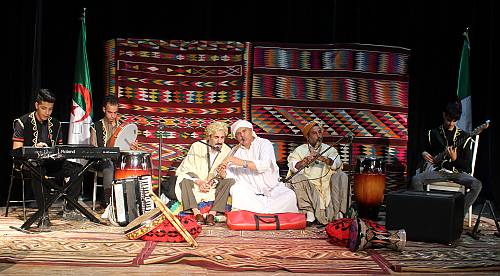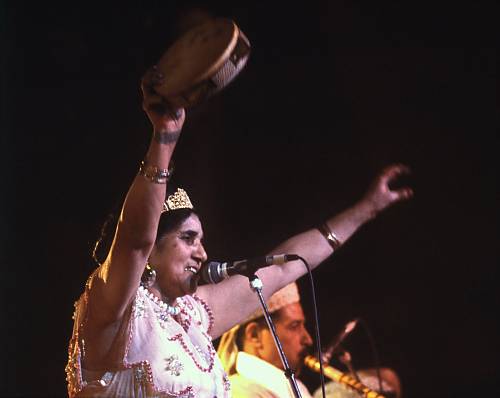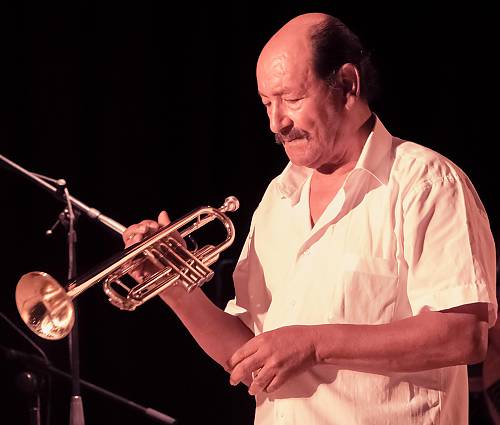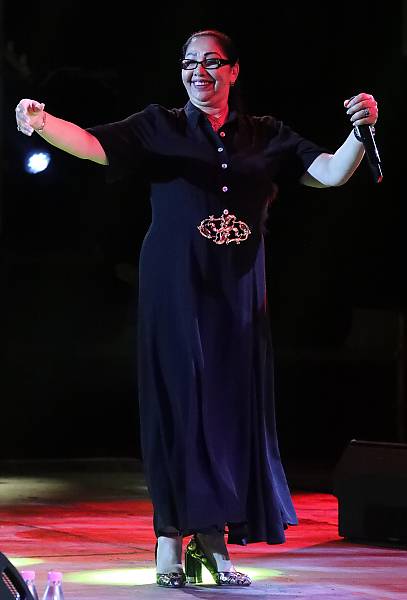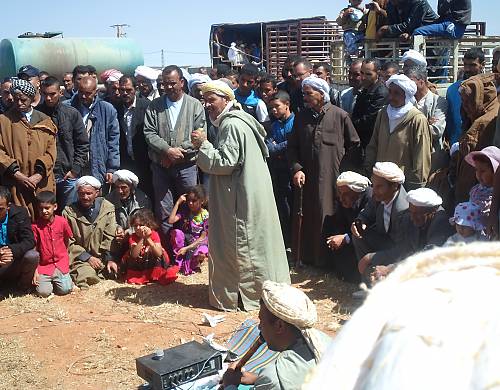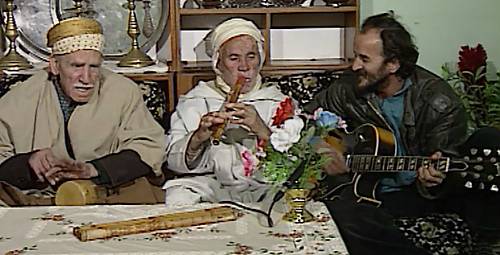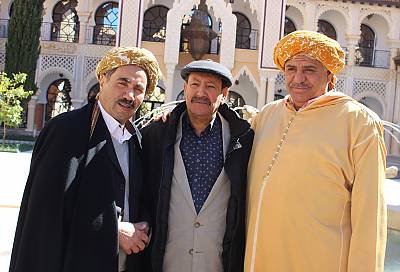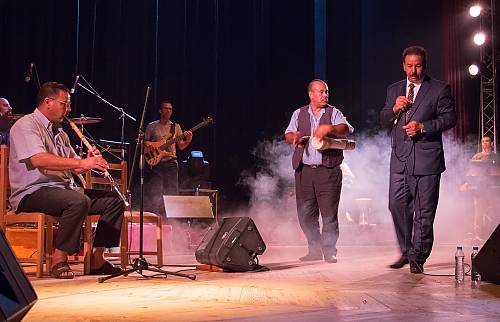Raï, popular folk song of Algeria
Inscribed in 2022 (17.COM) on the Representative List of the Intangible Cultural Heritage of Humanity

Raï is a popular folk song from Algeria. A means of conveying social reality without taboos or censorship, Raï music touches on topics such as love, freedom, despair and social pressures. It was originally practised in rural settings by doyens who sang poetic texts in vernacular Arabic, accompanied by a traditional orchestra. At the turn of the twentieth century, prima donnas added transgressive ideas, singing about the freedom to love and desire, while glorifying God and the saints. Over time, Raï gradually earned acclaim, first at the national level during rituals and weddings, then at the global level thanks to artists such as Khaled and Mami, moving the performances from enclosed spaces to cultural events, celebrations and national and religious festivals. Its message of freedom and transgression has become universal, borne by young women and men who sing and dance for the youth of their country and the rest of the world. Raï music is thus viewed as a genre for young people, representing a channel for them to express their feelings in their quest to break free from social constraints. Musicians make and decorate their own instruments and transmission is done informally, through observation, or formally, through apprenticeships.
